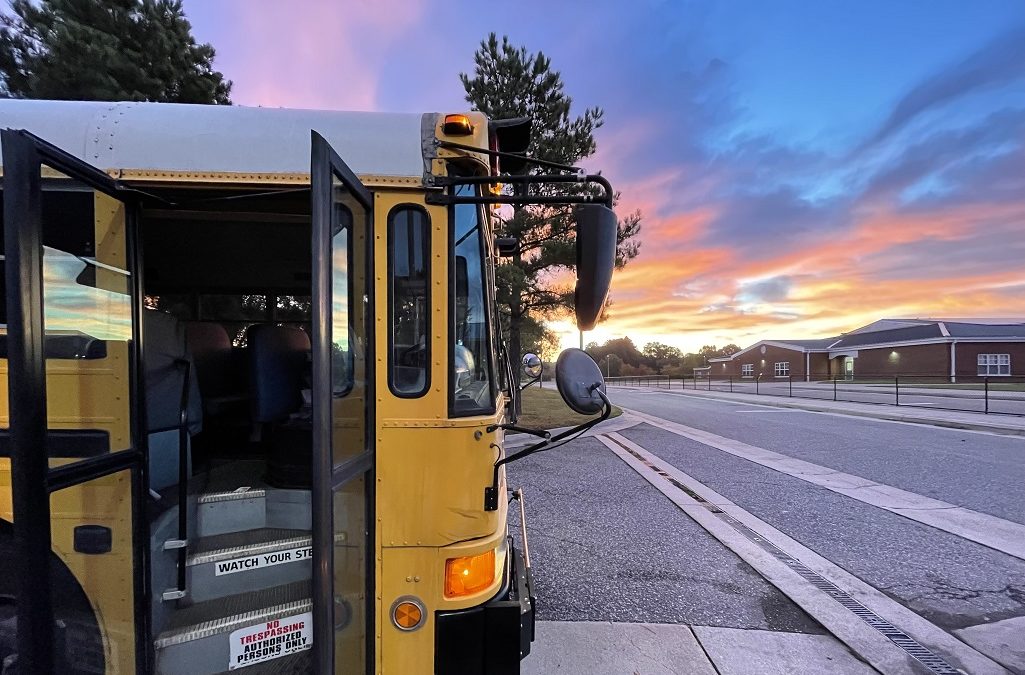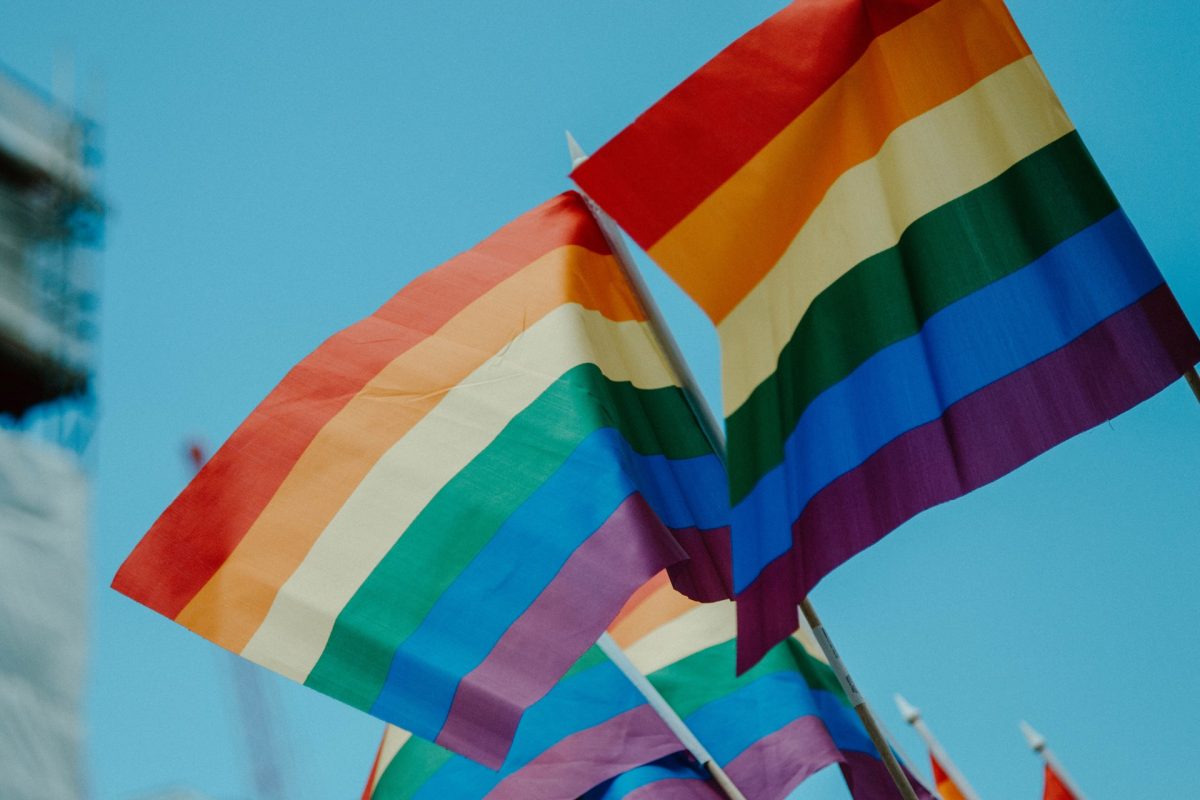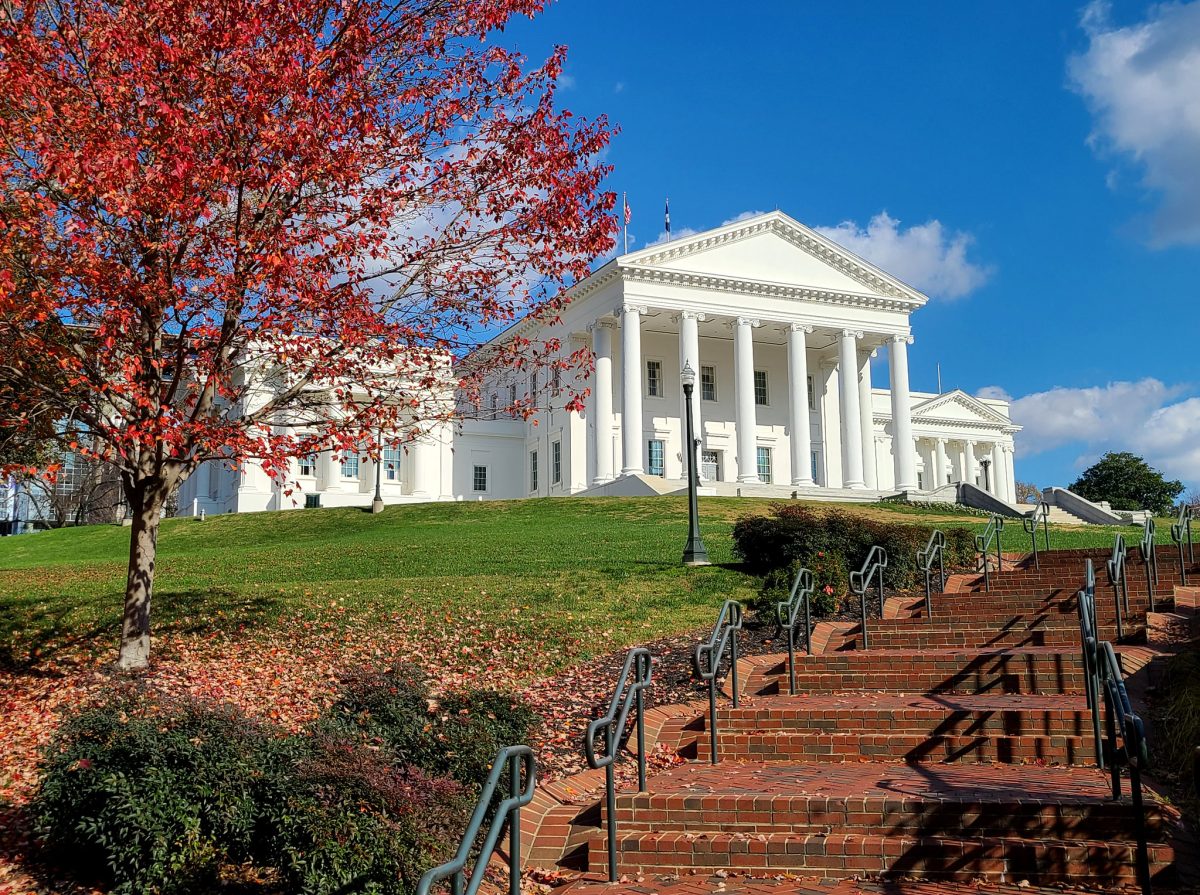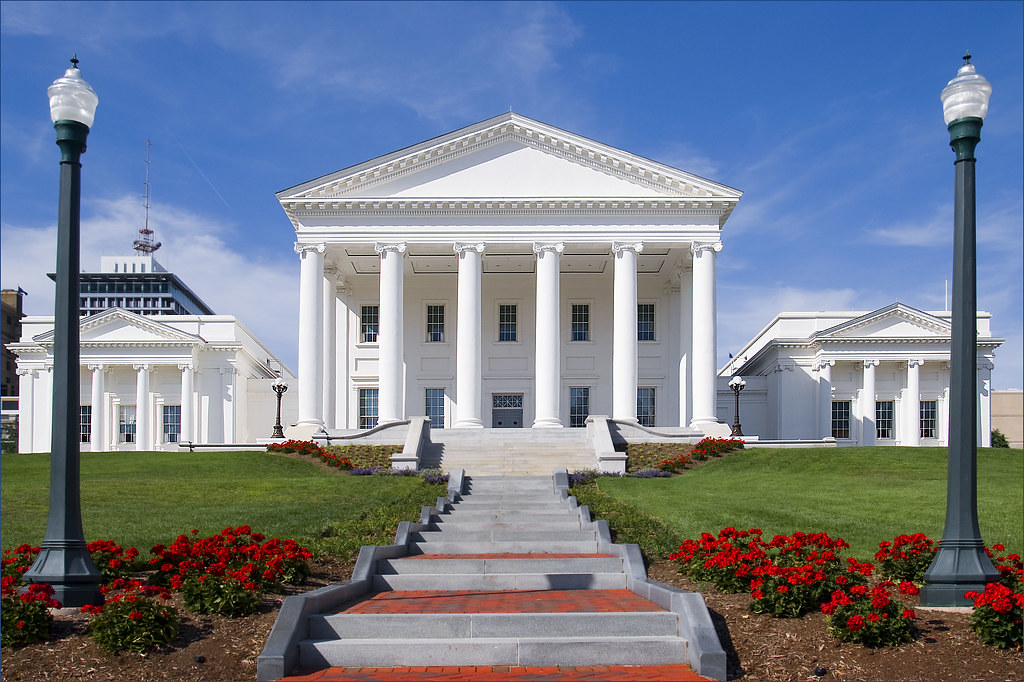Hoping to use the bathroom? If you're a transgender student in Hanover County, you'll need the School Board's specific approval. That's the result of a vote held by Hanover County's School Board on Tuesday night, in which the school board voted 5-2 in favor of a...





